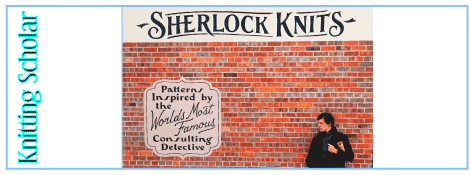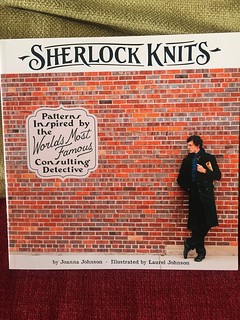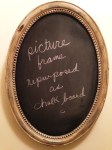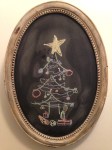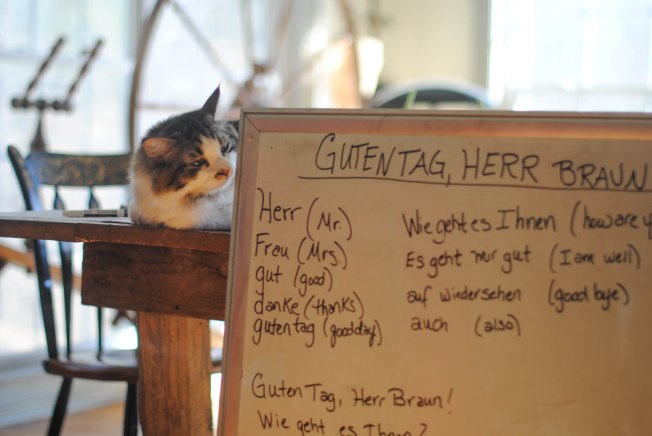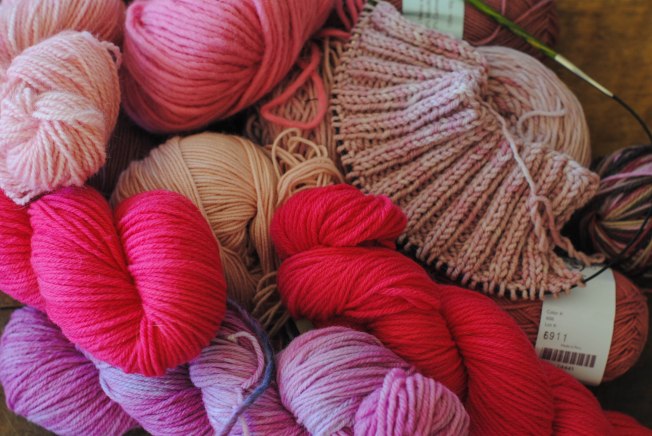
At one point in the original Gilmore Girls series, someone says to Lorelai, “You like movies right?”
And Lorelai’s reply is “Good, bad, and in between.”
Ladies and Gents, that is how I feel about the subtle art that is the romance novel. There are good romance novels (anything by Rachael Herron is fantastic, for instance), and there are the bad (Fifty Shades of Grey, I’m looking at you), and there is a whole lot of in between. Folks, I have read them all–well, a lot of them anyway, and I am not in any way ashamed.
So here’s the thing. I feel like I shouldn’t need to say, “I’m not ashamed.” But when I tell people that I read and write romance novels, a lot of the times they look at me, and their mouths are saying, “Oh that’s great!” but the slant of the eyebrows and the tilt of their head is really saying, “Huh, I thought you were smart.”
Guess which one is louder?
I won’t argue about how a good romance novel is some of the most intense, character driven, real shit you’ll ever read. And if you’re going to argue that the main reason romance novels suck is because they are marketed toward bored housewives, we’re not going to make much headway. I’m not here to convince you to take up the romance novel. If you’re not a believer, I won’t be able to convince you, and that’s fine.
What I’m more interested in is the romance novel audience–an audience primarily made up of women, reading about women. And in a good romance novel, that woman usually has to confront some hard shit, and it is liberating and empowering, because she finds a strength inside herself she’d been denying. Lesser quality romances are usually plagued with some pattern of dude bro heroes holding up the patriarchy and the heroines deciding that for some reason, the patriarchy totally turns them on. Gross.
It was a forgone conclusion well before I settled into romance that any work of fiction I penned would . In a genre that might be a young woman’s first real safe place to explore the idea of her sexuality, that it’s OK to feel desire, a feminist interpretation is more important than ever.
Because I say there are good romances, and bad romances, I don’t necessarily mean the quality of the writing, though they usually go hand in hand. No, what I mean is the romanticizing of abusive, obsessive behavior from both men and women. There is a prominence for characterizing relationships as such, especially from contemporary indie authors, that I find disturbing.
You guys, it is not OK to to represent abusive relationship as normal. It just isn’t. Yeah, I’ve read them, and it’s like watching a train wreck happen. I have to know how the author resolves this horrible situation, and it usually isn’t to my liking. The heroine almost always is the (anti)hero’s fix at some cost to herself, and the only thing they have going for themselves is their desperate obsession with one another. That isn’t romantic. It’s scary as hell.
What I mean to say by all of this, is that when I say I’m writing romance novels, I’m striving toward the earth shattering, character-driven, feminist approach…and maybe I tend to tweet a lot about bad habits of bad romance writers when I’m reading one of those books.
I’d like to start a discussion about your favorite romances, about heroines that make good role models, and premises that make you want to vomit, and why all of these stories matter.
Stay tuned.



